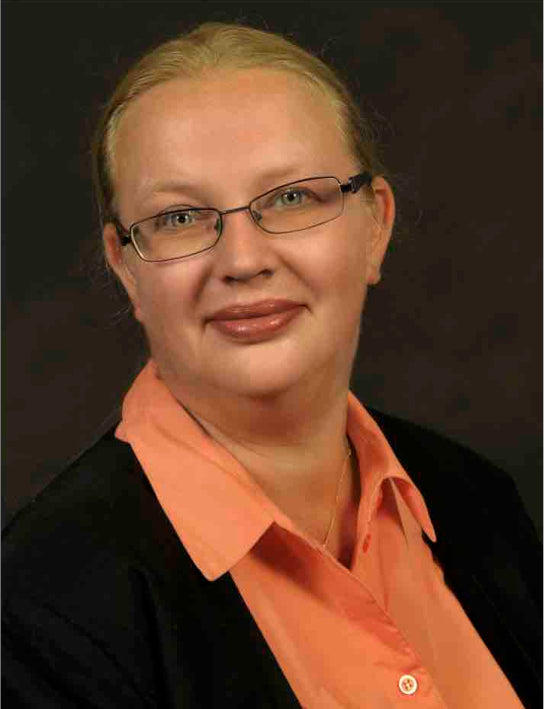
Our Team
Who we are and what inspires us
Passion for music and languages
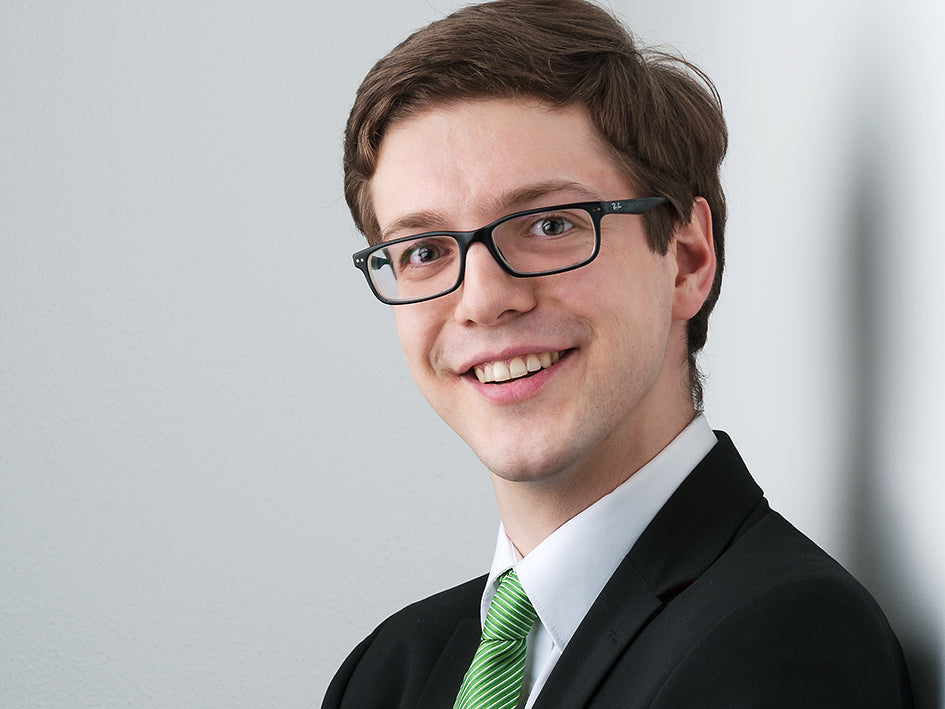
Korbinian Slavik
CEO & Business Process Manager
My goal is to make it possible to sing in any language you desire.
Korbinian Slavik focuses on a scientifically innovative combination of musicology, linguistics and phonetics. Through his studies at the Ludwig-Maximilians-Universität Munich and the Universiteit Utrecht, as well as a scholarship from the ESF and the BMWi, he was able to develop a technically innovative approach to singing in other languages and together with his colleagues bring it to production maturity. Due to his singing experience in professional choirs, he knows the specific requirements of making music and therefore pays special attention to a high-quality end product in the form of musical notes with phonetic transcriptions.
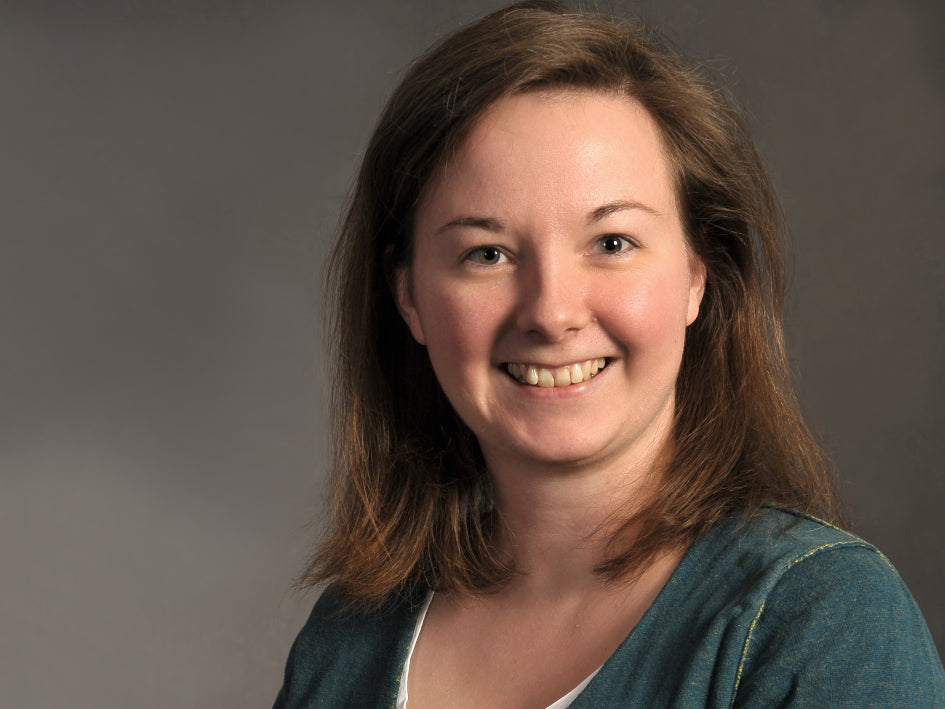
Dr. Theresa Henkel
COO, Productdevelopment & Design
Building cultural bridges with ipipapa
Theresa Henkel is passionate about access to music in all of its forms. Since studying musicology, psychology and computer linguistics at the Ludwig-Maximilians-Universität Munich and during her doctorate at the University of Regensburg, gathered valuable experience working for music publishers such as G. Henle Verlag and Laaber Verlag. As a music engraver, editor of musicological anthologies, editor and author, she can draw from a wide range of experience and thus is able to bring important perspectives of high-quality music production to our team. She sees exceptional value in the idea of making music of all cultures accessible for everyone with ipipapa and contributing to cultural exchange worldwide.
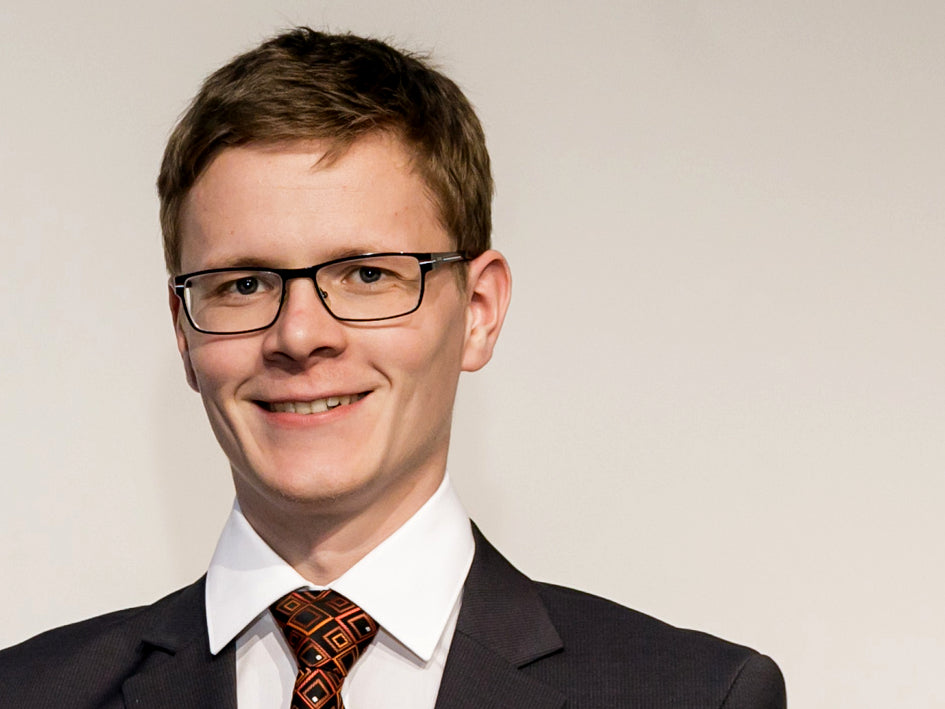
Gabriel Pfeilschifter
Technology
Gabriel Pfeilschifter completed studies integrating engineering and computer science at Ostbayerische Technische Hochschule Regensburg and Technical University of Munich and now works in software development. As a hobby musician with linguistic handicaps, ipipapa is especially close to his heart which is why he is happy to lend a hand, mainly with his own applications and technology.
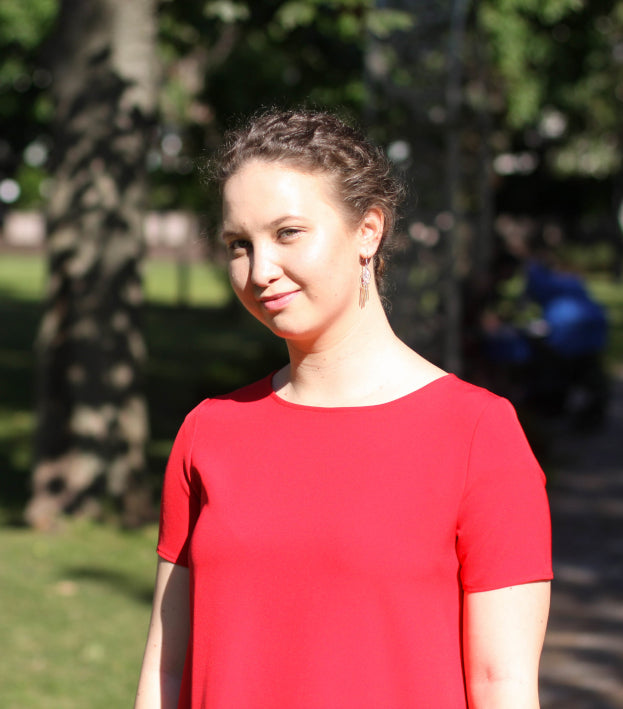
Ганна Ходасевич

Patrick Ohnesorg
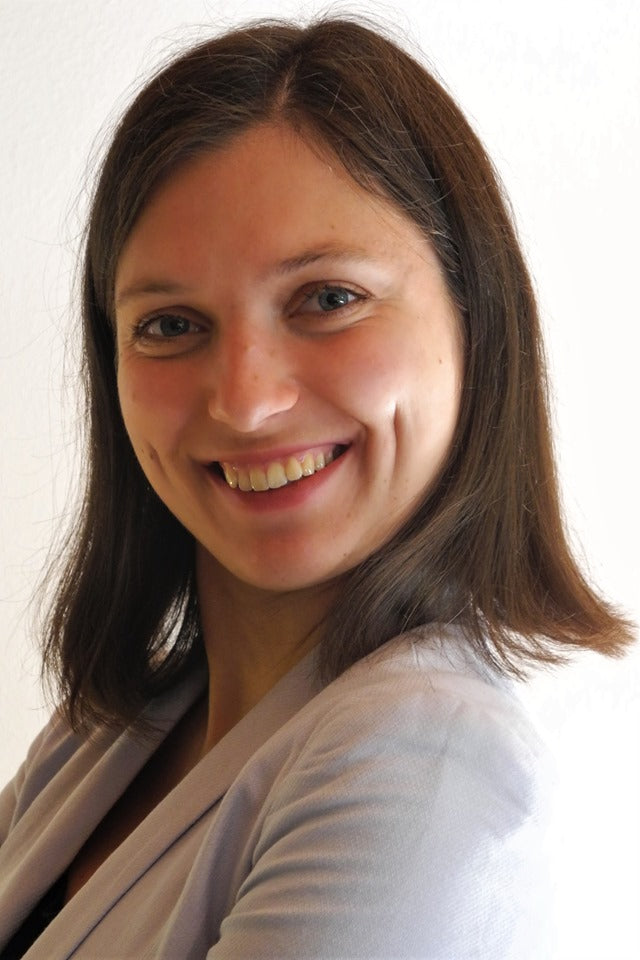
Aneta Bučková
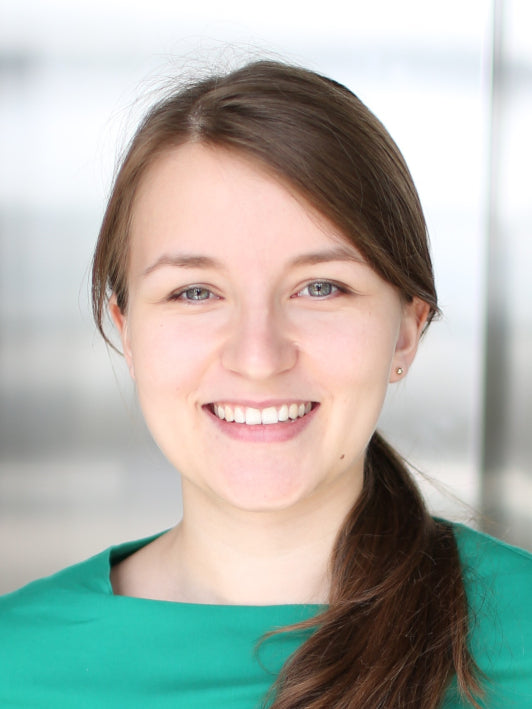
Franziska Weigert
